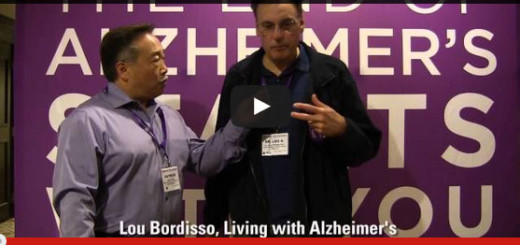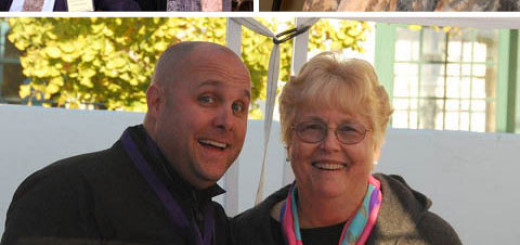We’re told to “Tell your story,” but does it really work?
Do you get tired of being asked to just “tell your story” when speaking to legislators? Do you wonder whether elected officials and policymakers really listen or event understand our message about living with Alzheimer’s or caring for someone with the disease? We know how critical it is to relay this information, but it’s sometimes difficult to articulate exactly why these stories are so important.
Well, I just came across a really excellent quote that resonated with me about this very issue from a book called Behind the Beautiful Forevers by Katherine Boo. Katherine, a reporter who has written extensively about poverty, says “When I settle into a place, listening and watching, I don’t try to fool myself that the stories of individuals are themselves arguments. I just believe that better arguments, maybe even better policies, get formulated when we know more about ordinary lives.“ How true!
Of course, every individual is unique, none more so than those living with and around Alzheimer’s. In a way, our ordinary lives have become extraordinary by our very experiences with Alzheimer’s – experiences that can inform and propel needed reform.
A couple of examples tie directly into this: Some of you have seen the New York Times series, The Vanishing Mind, exploring multiple aspects of dementia. The most recent article When Illness Makes A Spouse A Stranger (May 6, 2012), generated many letters to the editor. One letter was from a Bay Area woman who said that reading the article “was like reading my diary.” Not only did she eloquently describe her caregiving situation, she deftly morphed that singular experience into recommended policy changes. She wrote: “Since living with Bill’s dementia, I’ve come to wish for two policy changes. One is that research into diagnosis, causes, treatments, cures and prevention of dementia become more cooperative, with government, universities, research labs and pharmaceutical companies freely exchanging information. The other is that Medicaid coverage be more widely available for patients in dementia-care units in assisted living facilities, not just nursing homes.” In this example, Katherine Boo’s quote is absolutely correct; better policies can be crafted from knowing about “ordinary” lives.
Consider, too, stories about wandering – a common problem for people with Alzheimer’s. One such article, With Dementia, Stepping Outside for Fresh Air Can Mean Going Astray (May 18, 2012, NY Times), summarized several situations of people disappearing in a city that was once familiar to them. Because New York has a Silver Alert program, police officers in the Missing Persons Unit are often successful in finding the person unharmed. Silver Alert programs represent one way of mobilizing help, but these laws would not be on the books if policymakers were ignorant of the need for them. In California, Senator Elaine Alquist is sponsoring a bill that includes some aspects of a Silver Alert system.
Finally, another quote about a different topic brings this issue home as well. A Harvard Law School professor wrote a letter to the editor (NY Times, May 28, 2012) regarding equality and whether a president’s proposal on a particular issue leads to executive action. Often, the answer is no. Rather, he wrote “What has often prompted presidents to take action in the cause of equality has not been formal proposals but exposure to the human face of inequality.”
And, so it is that we need to continue to expose what it’s like to live with Alzheimer’s to governmental entities, elected officials and even the private sector. For such exposure can strip away the stigma and lead to better formulated policies. We’re far from done, but we know the work we need to do.


















Thanks for making this important point. When we “just” tell our stories, they may not have the impact we want them to if they’re not linked directly to key messages or, in this case, policy. Only with our stories can we provide important and unique support for change; but only if we link them directly to the change we want to see happen.